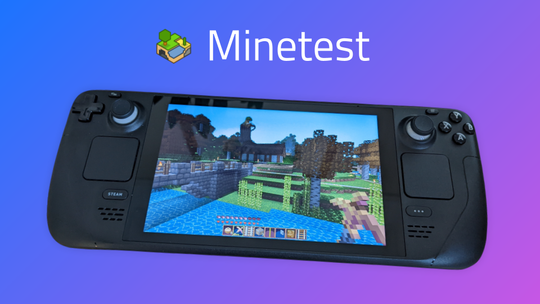the live disk won’t find my Wifi
Oof.
I’m case it helps: I have solved that problem for myself using a $9.00 USB Wifi dongle.
For whatever reason (other contributors facing the same issue?), I have found that every cheapo USB Wifi dongle I have tried has worked perfectly with the minimal Linux images.
I realize I might have just gotten really lucky a bunch of times, but it could be worth a try.










The first thing I do to, if I need to get the size down, is swap out Gnome for one of the X11 Windows managers, usually XFCE.
I usually do this by starting from the minimal install and building up, as schizo already suggested.
That said, I guess I would be remiss if I didn’t point out that Linux Mint is an easy way to get Debian’s core with the XFCE window manager.
Looks like Mint starts at 3GB - 8GB, depending on options chosen?
Disclaimer: It’s honestly been awhile since I really paid attention to my own Linux install size, as long as it’s below 40GB.